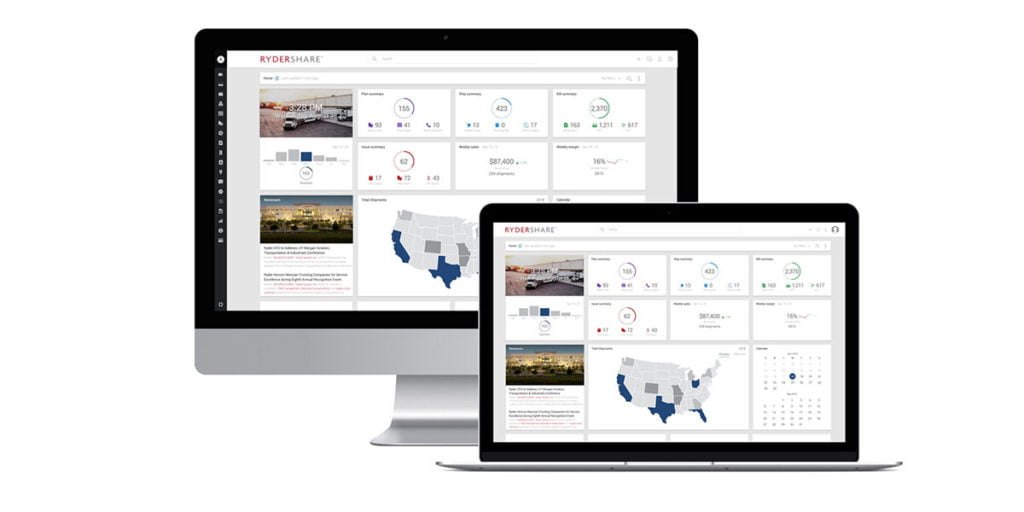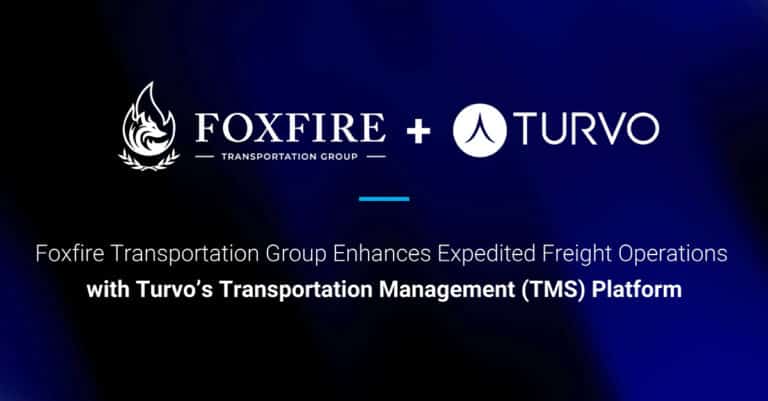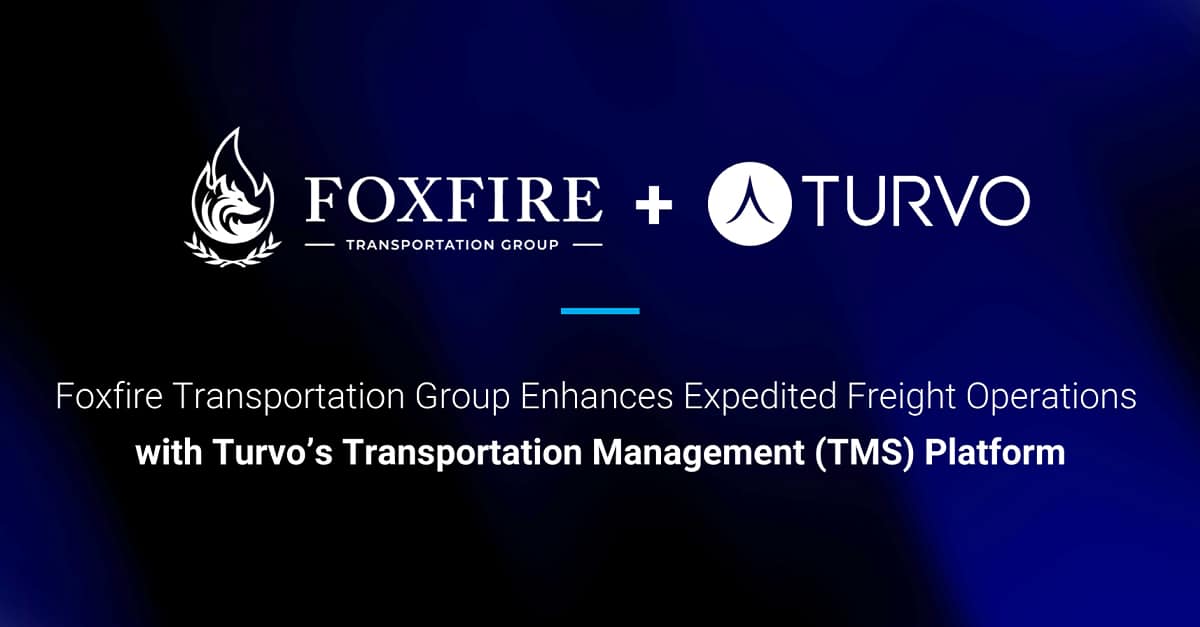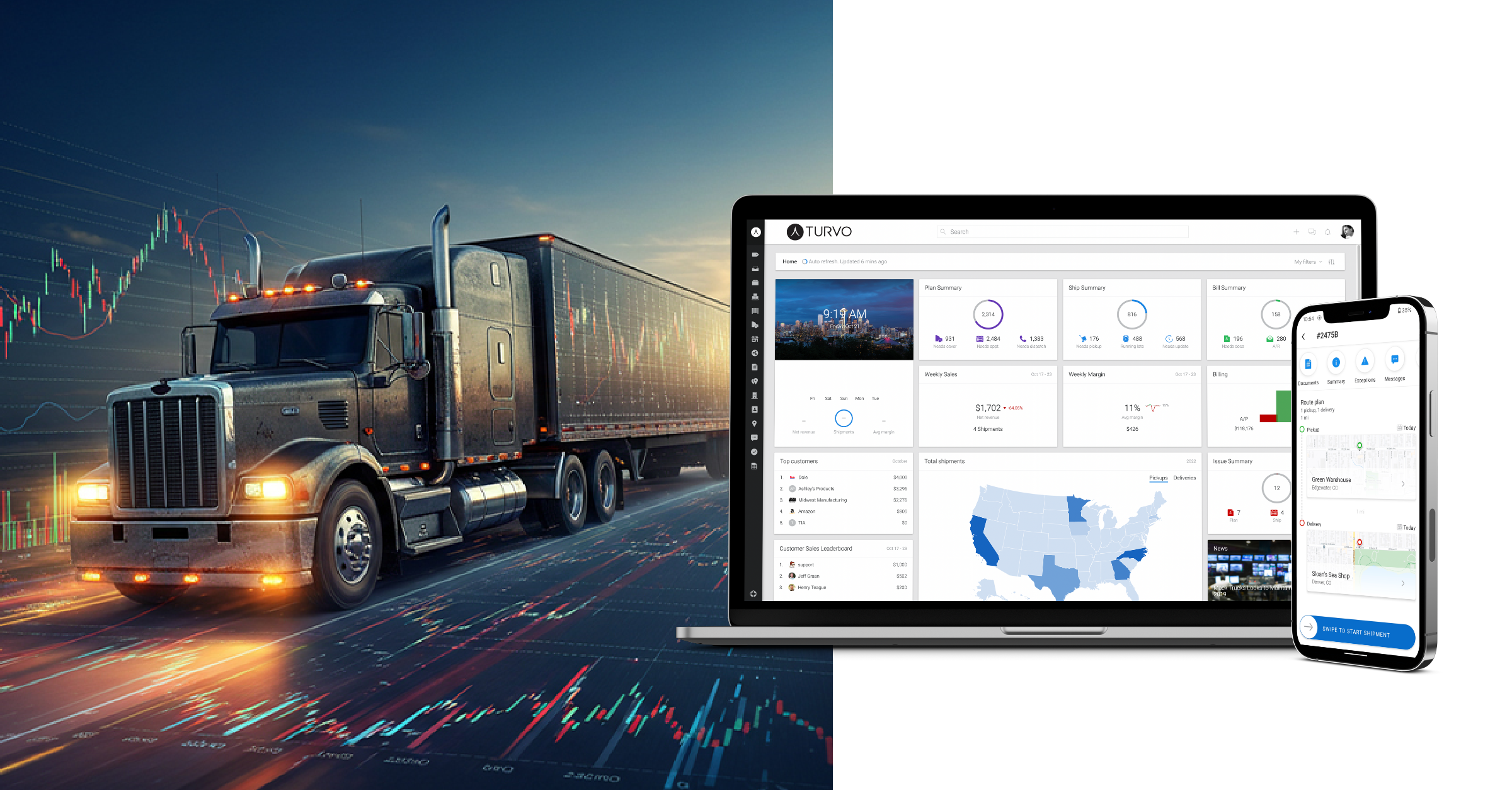In the dynamic world of logistics and supply chain management, efficiency is paramount. As businesses strive to meet the ever-increasing demands of their customers, the importance of optimizing every aspect of operations cannot be overstated. This is where the power of route scheduling comes into play. At Turvo, we recognize the transformative impact that strategic route scheduling can have on a company’s operations, productivity, and bottom line. Through this lens, we’ll explore how leveraging advanced route scheduling can unlock unparalleled productivity and cost savings for businesses across the globe.
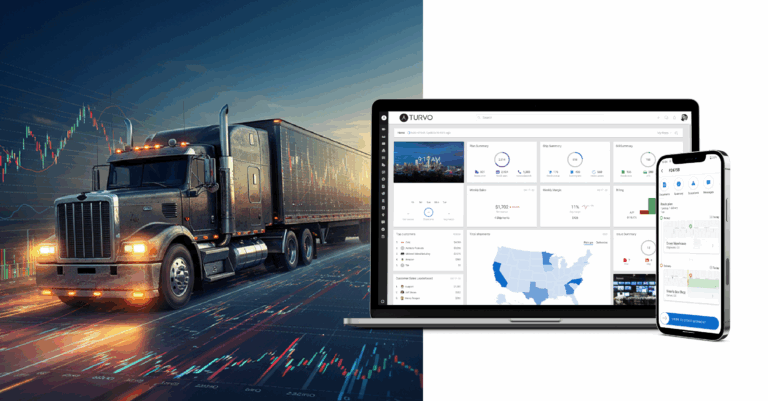
Unlock Intelligent Decisions with Turvo’s Data-Driven Platform
Learn how Turvo’s data-driven platform empowers informed decision-making, leading to better supply chain outcomes and business success.

